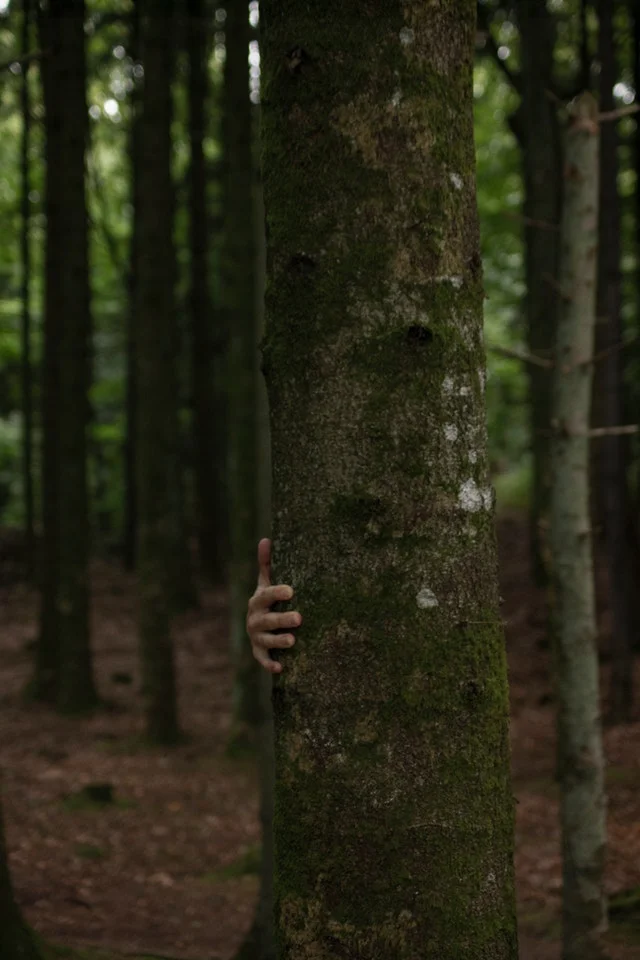One of the things I like about this job is that I’m constantly learning new things, and that learning often comes directly from conversations with clients. Recently several clients have been coming to realizations about what maintains their unwanted behavior and I noticed a common thread- they weren’t telling the truth to important people in their lives and also to themselves.
The Importance of Honesty
Taking the easy way out or telling the truth-those are not merely two different choices. They are different pathways through life. They are utterly different ways of existing. -Jordan Peterson
So it works like this- there are some conditions in childhood in which it becomes easier to lie. Perhaps a parent is very strict and domineering and the only way to get a little freedom or escape from consequences is to learn to sneak around or bend the truth. Perhaps a child needs to be the golden child (or a parent needs the child to be the golden child) and so lies prop up this false image. Maybe a parent has a really obvious problem or addiction that can’t be discussed or challenged, or abuse is going on. In all these cases, a person learns that the truth about a situation can’t be named.
If they’re angry, they can’t express it. If they do something shameful, they can’t confess it. If they need something, they can’t ask for it. Fast forward to adulthood and a person finds themselves stuck in some kind of compulsive behavior. I often see it take the form of sexual behavior, but it could really be anything. It’s easy to focus on the present day behavior and think that’s the issue to attack, and there may be aspects of it that need to be addressed, but if the conditions that created the behavior are never acknowledged, especially the lack of truth that a person learned to live with, then that compulsion isn’t going anywhere.
A Different Path
The earlier quote talks about living in truth as a totally different life pathway and way of existing, and I’ve seen that to be true. The habits of lying become deeply ingrained for a person. It’s no wonder they hide small and large things from their spouse or other important people in their life. Often clients will tell me, “I have no idea why I lied about x, y, or z, I wasn’t even embarrassed about it, I just did it.” This is the mode of being from childhood and it won’t be reversed easily, but it absolutely can be reversed.
The reversal comes from a conscious decision to understand the place the lies originated from and a radical new commitment to honesty. And not just honesty to confess when we’ve done something wrong, though that’s part of it. It’s usually honesty about how we’re feeling, what’s going on within us, what we need. It’s understanding at a deep level that we don’t need the lies in order to get through life anymore. Our most shameful behavior is actually speaking more truth to us than our “good” socially approved self, if we will stop and listen. The false self was created to help us survive, but we all reach a point where we realize the game is up and this self isn’t going to work anymore. Edward C Whitmont writes,
It is not until we have truly been shocked into seeing ourselves as we really are, instead of as we wish or hopefully assume we are, that we can take the first step toward individual reality.
This is a very hard thing. Maybe the hardest. And I don’t think many people realize what they’re in for when they start therapy. We’re talking about seeing yourself as you really are, seeing the conditions of your life as they really are, and getting honest about all the ways we’ve tried to distort that in order to survive.
I promise I won’t hit all this in the first session, I know it’s a lot to consider! We’ll ease into it. Maybe you’ll even have the courage to ask yourself some hard questions after reading this, and I hope you’ll listen carefully for the answers that will come and begin speaking truth to yourself and those around you.
